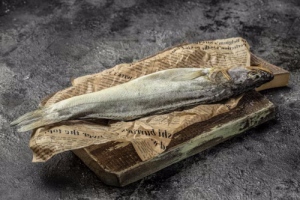Biodiversity: Putting Nature at the Core of Development Efforts
Imagine a tree. See the roots, the trunk, the leaves all connected, all functioning together. We can think of our societies in the same way: from the leaves that convert carbon dioxide into the oxygen that fills our lungs, from the mangrove roots that are a crucial wetland ecosystem for wildlife, while also protecting livelihoods, sources of food and jobs. Our livelihoods, our well-being and our economies depend on the Earth’s ecosystems, on sea and land, on the services they provide, and on the species that inhabit them.
Nature is declining at an unprecedented rate in human history. Nature loss will affect all of us, but particularly the most vulnerable on the planet. If we don’t take action now, the effects will be cataclysmic. Just a partial collapse of ecosystems would cost up to 10% of GDP by 2030 for some of the world’s poorest countries.
Preventing nature loss is not just about conservation, but about fundamentally changing how economies, societies and finances work. And for this to happen, we need change in three important areas.
First, nature needs to be placed at the core of development efforts so that countries can fight to avert the crisis, but also invest in opportunities to achieve green, resilient and inclusive development.
Second, nature and climate are intrinsically interconnected. We need urgent action to address them together at all levels in international agreements, in national budgets, in sector strategies, and in local policies.
Third, finance needs to work for nature. This means shifting finance away from harmful practices and scaling up all types of funding in support of sustainable ones. The World Bank Group is here to support countries with investments, research and a broad range of financial tools to make this happen.
Protecting nature is vital to our people, our economies and our planet. Now is the time for all of us to get involved.















